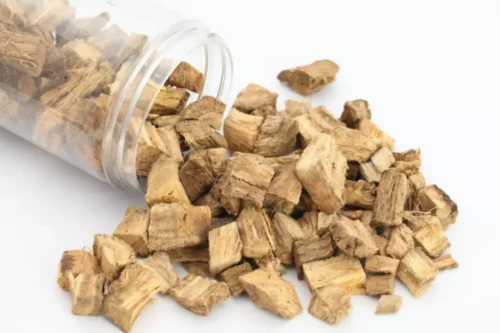
Your body uses an enzyme called aldehyde dehydrogenase, or ALDH2, to break down acetaldehyde. However, in some people, ALDH2 does not work correctly, resulting in alcohol intolerance. Having an alcohol intolerance is a genetic condition that means your body can’t process alcohol easily. With this condition, you have an inactive or less-active form of the chemical that breaks down alcohol in your body.
Tips for Coping With Alcohol Relapse Triggers
An alcohol allergy is a rare toxic reaction to alcohol that can be fatal in rare cases. Often, what people consider to be an alcohol allergy signs of beer allergy is, in fact, alcohol intolerance. While rare, people with grape allergies should avoid wine and grape-based liquors, including brandy.
Articles Related to Alcoholism
The only way to reverse symptoms is with an epinephrine (EpiPen) injection. Allergy symptoms usually start off as mild but can become worse over time. Moderate allergic reactions are worse than mild reactions, but not as serious as severe reactions. Mild allergic reactions usually occur only in the parts of the body that come into direct contact with the allergen. Taking antihistamines regularly before drinking could also cause your body to build up a tolerance to the medicines.
- A group of sulfur-containing compounds known as sulfites occurs naturally in wine and beer.
- A sign that you may have an intolerance is that you have symptoms no matter what type of alcohol you drink.
Alcohol allergy vs. alcohol intolerance
If you feel ill after drinking alcohol but don’t experience symptoms at any other time, it’s possible that you have an alcohol intolerance. If your symptoms are very mild, you may have a food sensitivity rather than a true allergy. Your doctor also may recommend that you stop drinking all alcoholic beverages for a while. Then you can start again, perhaps trying just one of your go-to drinks at a time. If the reactions return with specific drinks, then you know which ones cause problems for you. While rare, yeast allergy can cause an allergic reaction in some people.
Alcohol Allergy vs. Intolerance
If you develop any signs of a severe reaction, you should receive one or more doses of epinephrine. It’s available in preloaded syringes, known as epinephrine auto-injectors (e.g., EpiPen). If your doctor prescribes an epinephrine auto-injector, you should carry it with you at all times. Then go to your nearest emergency department for follow-up care. If you develop symptoms after drinking alcohol, make an appointment with your doctor.

Although the main ingredient in beer is water, there are many other ingredients. This generally includes malt barley and brewer’s yeast, along with hops or assorted flavorings. If they are not sure what is causing your symptoms, they might want you to see an allergist, a healthcare provider that specializes in allergies and asthma. The food a person is allergic to must be completely removed from their diet for them to stay safe and live well. Avoiding cross-contact between a safe food and a food allergen is just as important as avoiding the allergen itself. Cross-contact happens when a food that someone is allergic to accidentally touches another safe food someone is going to eat.

If you’re a seasonal allergy sufferer, you know all about histamine, a chemical compound that can trigger inflammation and allergic reactions. While there is no way to treat this condition, your healthcare provider can talk with you about ways to reduce the negative effects of alcohol intolerance. Our bodies are full of enzymes, proteins that help break down food. Alcohol intolerance is a problem with the specific enzyme that helps your body metabolize alcohol.

Allergies to brewer’s yeast and other yeasts have been well-documented in the medical literature. They are most likely to occur in people who have mold allergies. Yeast is used in all fermented alcoholic beverages, including beer, wine, hard cider, and sake. This article looks at some of the possible causes of alcohol allergy or intolerance. It also offers tips on how to drink alcohol safely if you have an allergy or intolerance to any ingredient used to make wine, beer, or distilled spirits.
our Brain Feels Foggy
You should also call a healthcare provider if over-the-counter (OTC) medicines aren’t controlling your symptoms or causing more than mild side effects. If you are having an allergic reaction to a drink, immediately stop drinking it. Antihistamines block the body’s release of chemicals like histamine that cause hives, itching, and other allergy symptoms.
- The best way to manage a beer sensitivity or allergy is to avoid drinking beer or choose beers that do not have the ingredient (like gluten) that are causing your symptoms.
- A food and symptom diary can help you keep track of when your symptoms appear and whether they line up with certain things—such as alcohol.
- This may be harmful because it can mask severe symptoms that could be brewing like shortness of breath.
- The most common beer allergy causes are ingredients such as malted barley, wheat, sorghum, or other grains.
- Although red wine is especially high in histamines, all alcoholic beverages have high levels of histamine.